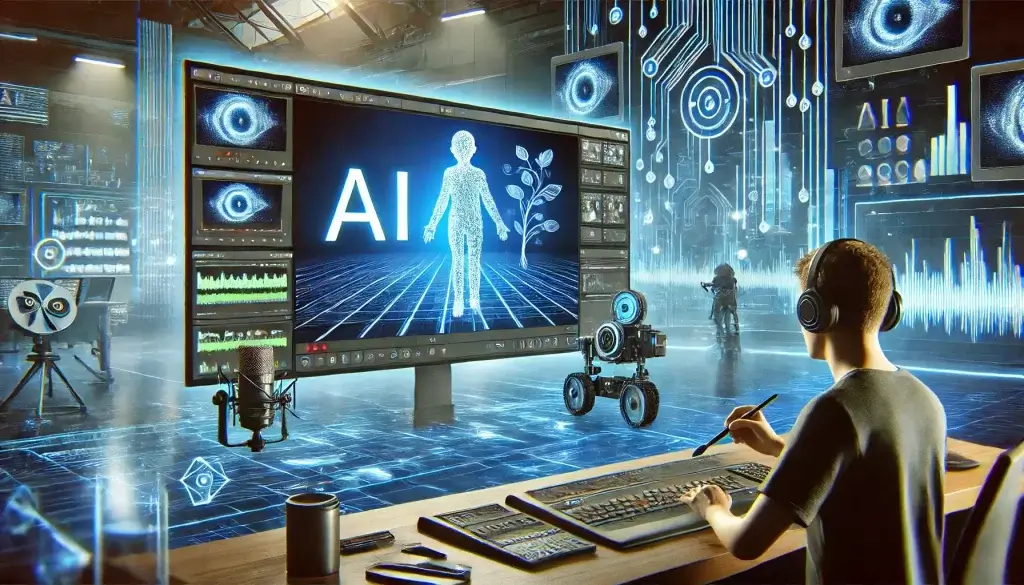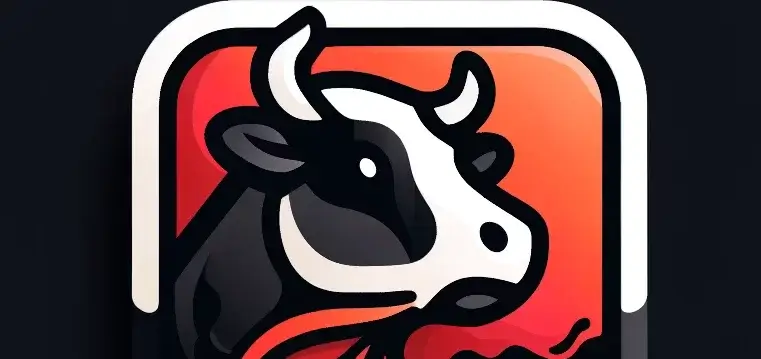Artificial Intelligence (AI) is making waves in the video production industry, with advanced text-to-video generators capable of creating realistic and engaging content from simple text prompts. This technology, powered by deep learning and neural networks, has opened new possibilities for content creation, allowing businesses and individuals to generate high-quality videos without the need for expensive equipment or professional skills.
However, as AI video generators become more sophisticated, a pressing question arises: Will AI replace human video creators? While AI brings efficiency and innovation, it also faces limitations in creativity, storytelling, and originality. This article explores the impact of AI video generators on the industry and evaluates whether they can fully replace human creators.

The Rise of AI in Video Creation
AI video generator technology has rapidly evolved over the past few years. Platforms like Runway ML, Pika Labs, Sora by OpenAI, Kaiber AI, and Deevid AI have introduced groundbreaking features, enabling users to generate high-quality videos from text, images, or even existing videos.
Key advancements in AI video generators include:
- Text-to-Video AI Conversion – AI can interpret written prompts and create realistic scenes, animations, or cinematic sequences.
- AI-Powered Editing – Automatic background removal, scene transitions, and motion tracking simplify the video editing process.
- Deep Learning for Realism – Generative AI models can produce human-like movements and realistic facial expressions.
These advancements make AI a powerful tool for content creators, reducing costs and production time. Yet, despite these capabilities, human creativity still plays a vital role in storytelling and artistic expression.
The Advantages of AI Video Generators
AI-powered video tools offer several advantages over traditional video production:
- Cost-Effective Production
- AI eliminates the need for expensive filming equipment, actors, and post-production costs.
- Small businesses, startups, and independent creators can produce high-quality videos on a budget.
- Speed and Efficiency
- Traditional video production can take days or weeks, while AI-generated videos can be created within minutes.
- AI automates repetitive tasks like script-to-animation conversion, background generation, and voiceover syncing.
- Accessibility for Non-Professionals
- No need for advanced editing skills—anyone can generate professional-looking videos with simple text prompts.
- AI democratizes video creation, allowing more people to produce content without technical expertise.
- Scalability for Businesses
- Brands can produce multiple variations of video ads, promotional content, or training materials quickly.
- AI-generated content can be localized in different languages without re-shooting.
Despite these advantages, AI-generated videos still lack some essential elements that make human-created content truly engaging.
The Limitations of AI in Video Creation
While AI video generators offer efficiency and automation, they also have critical shortcomings:
- Lack of True Creativity
- AI operates based on patterns and data but struggles to create truly original ideas or unique artistic styles.
- Human creativity, emotion, and storytelling depth cannot be fully replicated by algorithms.
- Limited Understanding of Context and Emotion
- AI-generated content may miss cultural nuances, humor, or emotional depth in storytelling.
- Human video creators can adjust content based on real-world experience and audience reactions.
- Inconsistent Quality and Realism
- AI-generated faces and animations may sometimes appear unnatural or distorted.
- High-end professional filmmaking still requires human intervention for refinement and perfection.
- Ethical and Legal Concerns
- Deepfake technology raises concerns about misinformation, copyright infringement, and potential misuse.
- AI-generated videos may struggle with originality, leading to issues with intellectual property rights.
Because of these limitations, AI is more of a tool to enhance human creativity rather than a replacement for professional video creators.
Will AI Replace Human Video Creators?
The simple answer: Not entirely.
While AI will continue to automate aspects of video production, human creativity remains irreplaceable. The future of video creation will likely see a collaborative approach where AI assists filmmakers, animators, and content creators rather than replacing them.
What the Future Might Look Like:
- AI as a Co-Creator – Human creators will use AI tools to generate rough drafts, animations, or visual effects, which will then be refined manually.
- Hybrid Workflows – AI can handle repetitive tasks like video editing and post-production, allowing creators to focus on storytelling and artistic direction.
- Ethical Regulations – As AI-generated videos become more widespread, regulations will be needed to prevent misinformation and ensure ethical use.
Ultimately, AI video generators are enhancing video production rather than replacing human creativity. The combination of AI efficiency and human storytelling skills will define the future of the video industry.
Conclusion
AI video generators are transforming the way we create content, offering speed, cost savings, and accessibility. However, they are not a substitute for human creativity—at least, not yet. While AI can generate high-quality videos from text prompts, it lacks the emotional depth, originality, and contextual understanding that human creators bring to storytelling.
Rather than fearing replacement, video creators can embrace AI as a powerful tool to enhance their work. The future of video production will likely be a fusion of AI automation and human creativity, shaping a new era of digital content creation.
What do you think—will AI eventually surpass human video creators, or will creative storytelling always require a human touch?
